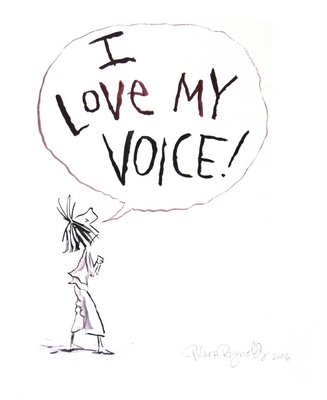"We feel nothing. We Think the same. We are uniform."
Reading Brave New World made me think instantly of the Cybermen from Doctor Who season 2. Now I bet you're thinking, "Ugh! There Sarah goooessss again," and yes... indeed, BUT hear me out. The Cybermen say the above quote right before they begin their quest to rid the human race of emotion. Therefore becoming cold, no-feeling beings that compartmentalize the galaxy into numbers and equations. Sound familiar? Ha! See there is a method to my madness! This is a very interesting topic for me. I believe Steampunk has also touched on this thought many times. The idea that people can be made better, whether it's making us all the same or giving everyone a mechanical arm, would it really make us so?
There is a movie called Serenity which if you ever get the chance to watch it, please do, but start with the Television series it spawned from Firefly. In this story the government is experimenting on young individuals and trying to make them smart and deadly weapons, but it really messes with the person's mind and health. Along with experiments like this one, they tried to create an airborne chemical that would calm a person down, make them not want to fight or sleep or eat or drink or live. Indeed this chemical backfired and instead of mellowing everyone out it went to the extreme and people began not wanting to do anything anymore. (kinda sounds like this senioritis shindig I'm going through... apart from the death bit. Ain't nobody got time for that.) In the end the entirety of the planet's population was wiped out. Once the cowboy space captain Malcolm Reynolds found out he said this:
"Sure as I know anything, I know this - they will try again. Maybe on
another world, maybe on this very ground swept clean. A year from now,
ten? They'll swing back to the belief that they can make people...
better."
There's something to be said in my mind about the human race staying this constant embodiment of imagination and I don't believe we can do that if are all the same. After all as Shakespeare said, "We are such stuff as dreams are made on."









.jpg)







